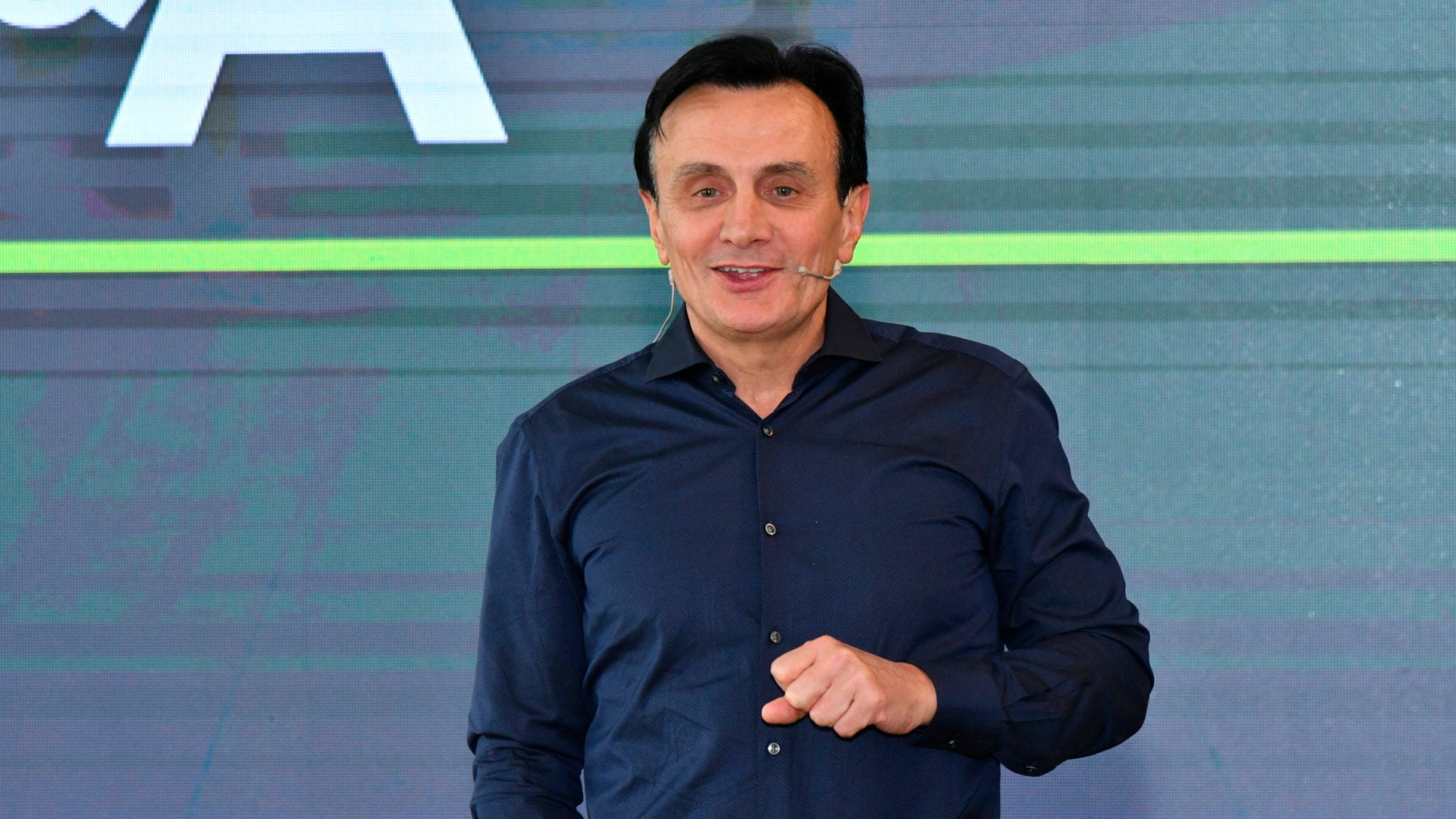
AstraZeneca CEO Pascal Soriot [via AP]
AstraZeneca's flagship Tagrisso helps lung cancer patients live longer in pivotal study
AstraZeneca is off to a good start in August. After its PARP inhibitor Lynparza scored in a prostate cancer trial earlier this week, the …
Sign up to read this article for free.
Get free access to a limited number of articles, plus choose newsletters to get straight to your inbox.